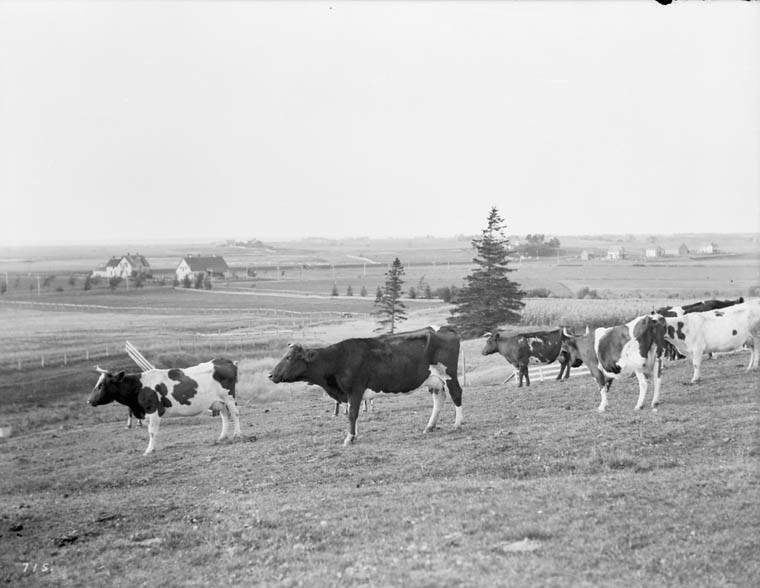The Keystone Agricultural Producers thinks the Commons agriculture committee shouldn’t bypass Manitoba.
KAP is unhappy the committee won’t be stopping here when it leaves Ottawa this fall to study Growing Forward 3.
“We wrote a letter to the chair Pat Finnigan requesting that they reconsider coming to Manitoba and we will see where that goes,” KAP president Dan Mazier said in an interview Sept. 30.
“The simple fact that they are not coming to Manitoba is a lost opportunity. I really think they should reconsider.”
Read Also

Government silence loud on AAFC cuts
Canada’s federal government trumpets fiscal responsibility; their silence on a day of massive Agriculture and Agri-Food Canada cuts was baffling at best.
Originally the committee planned to visit Manitoba, but after complaints Saskatchewan would be missed, the committee dropped Manitoba and added Saskatchewan, Mazier said.
Agriculture is extremely important to both provinces and the committee should visit both, Mazier said.
And while Manitoba and Saskatchewan farmers have much in common, there are important differences. Examples include Manitoba’s large hog and potato sectors. Both provinces grow soybeans, but in Manitoba it’s the third-largest crop and expanding quickly.
KAP will speak to the committee in Ottawa, but if the committee came here it would allow stakeholders, including researchers, an opportunity to express their views on a new federal-provincial-territorial agricultural funding framework to replace Growing Forward 2, which expires March 31, 2018, Mazier said.
Adding a stop in Manitoba would add some cost to the committee’s $73,000 travel budget, but it’s insignificant considering the $3-billion cost of the current five-year Growing Forward 2 agreement, he said.
“That’s the cost of doing democracy,” Mazier said.
Much needs changing in the next agreement, including improvements to AgriStability, Mazier said. The Harper government made it harder for farmers to trigger program payments, he said. As a result many farmers complain the business risk management program doesn’t meet their needs.
“Get it so it is more reactive and make it more understandable and transparent,” Mazier said. “It needs to be bankable too.”
Western Canada’s grain sector has just come through some profitable years, but grain prices and profits are shrinking. Throw in a crop failure and farmers will need an effective backstop, Mazier said.
“We don’t have a program that’s effective to be able to react to these realities,” he said. “I think we need to relook at that… and rejig it so it is a little bit more equitable and reactive to the reality of what modern-day farming is all about.”















